News
BIS and FSB urge regulatory framework for asset tokenization growth
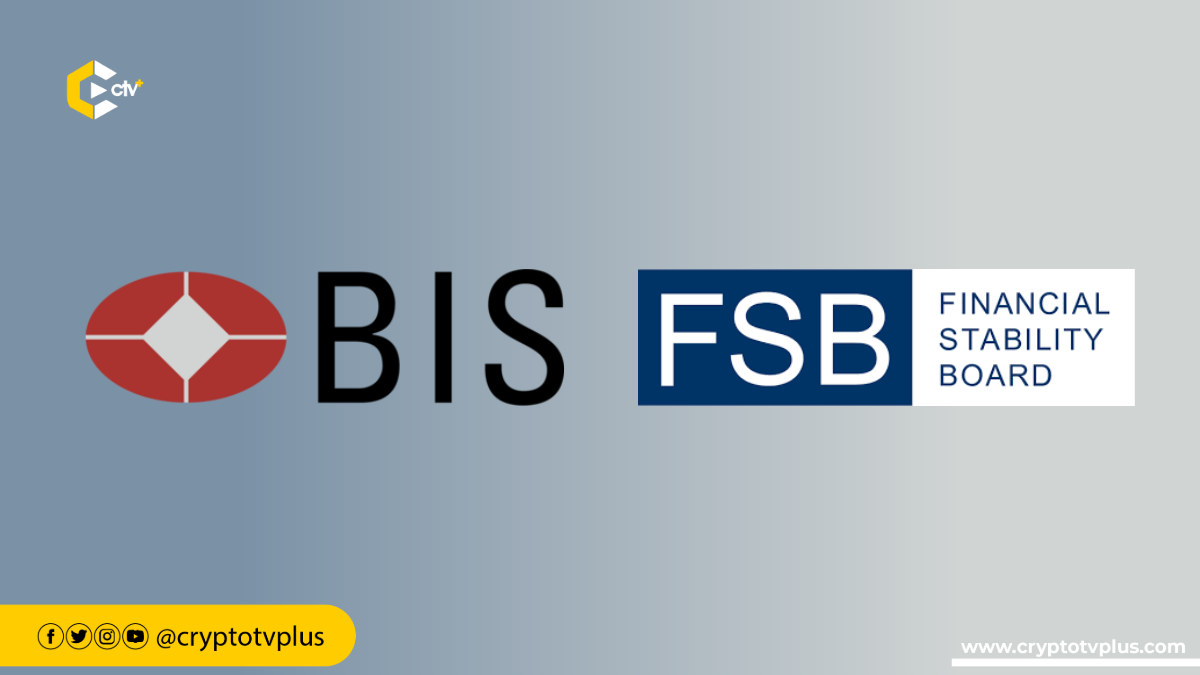
International agencies have recently reported to G20 officials about tokenization, emphasizing its growing significance and potential impact on global financial systems. These reports underscore the necessity for a regulatory framework to address both the challenges and opportunities of tokenization.
For instance, a report from the Bank for International Settlements (BIS) for the G20, discusses tokenization. This process involves converting traditional financial assets into digital versions.
The report details how tokenization could affect central banks and the financial system, particularly in payments, monetary policy, and financial stability.
The BIS is an international institution that supports central banks and promotes global financial stability. It facilitates collaboration among central banks, conducts research, and provides services for managing reserves and monetary policies.
Established in 1930, the BIS also plays a crucial role in developing financial regulations to ensure the stability of the global financial system.
While tokenization could make transactions quicker and less expensive, the BIS noted that there are also risks and costs to consider.
The report emphasizes that central banks need to evaluate the role of private companies in tokenization, manage various types of digital payments, enforce strong regulations and supervision, and understand how tokenization could alter central banks’ control over the money supply.
The BIS highlights that tokenization has the potential to enhance the safety and efficiency of the financial system. However, challenges such as legal and technical issues must be addressed. Both central banks and private companies need to work collaboratively on solutions to ensure the future financial system is effective.
FSB on tokenization
The FSB noted in its report that while the use of tokenization through distributed ledger technology (DLT) is currently limited, there is growing investment in this area within the financial sector. Public authorities are also assessing whether it could benefit financial systems or pose additional risks.
The Financial Stability Board (FSB) is an international body that oversees the global financial system, providing recommendations to enhance financial stability. It collaborates with national financial authorities and international standard-setting bodies to develop regulatory, supervisory, and other financial sector policies to address risks and ensure resilience.
The FSB highlighted the potential benefits of DLT-based tokenization, such as faster and cheaper processes, the creation of more financial products, and broader investment opportunities, including fractional asset ownership.
However, challenges remain, including the lack of interoperability between platforms and the need for secure payment settlement methods for digital assets.
Check out: Are banks in danger from permissionless blockchains, as warned by BIS?
Currently, tokenization poses minimal risks to financial stability due to its small scale. However, as it expands, concerns may arise regarding liquidity issues, excessive borrowing, and operational vulnerabilities. These factors could threaten financial stability under certain conditions, necessitating close monitoring by authorities.
Additionally, there is limited data on the size and specifics of the tokenized assets market, and regional uncertainties exist regarding the applicable legal and regulatory frameworks.
To tackle these challenges, the Financial Stability Board (FSB) suggests that authorities should work on bridging information gaps by gathering data from various sources. It’s important to understand how tokenization aligns with existing laws and regulations and to determine whether new frameworks are required.
Furthermore, fostering cross-border cooperation among regulators is essential to monitor the global and multi-asset nature of tokenization markets. This collaboration would facilitate information sharing and help track developments across different countries.
Discussions with G20 officials aim to establish guidelines that ensure consumer protection, prevent fraud, and encourage innovation in the digital asset sector. As countries assess the effects of tokenization, international cooperation will be vital in creating cohesive regulatory strategies that support sustainable growth while mitigating risks associated with digital assets.



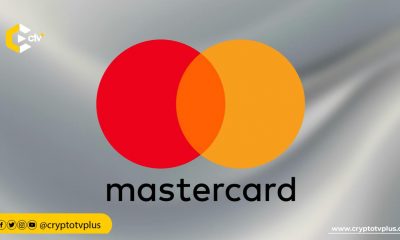

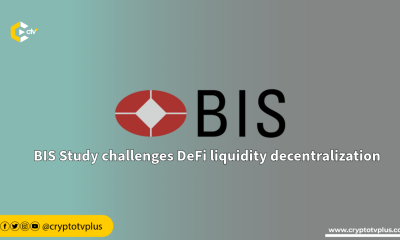

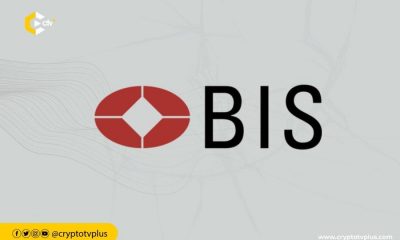

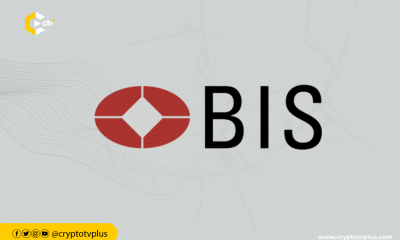

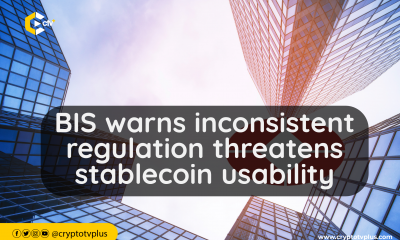











Pingback: Buenos Aires deploys Blockchain digital identity for 3.6 million locals | CryptoTvplus - The Leading Blockchain Media Firm